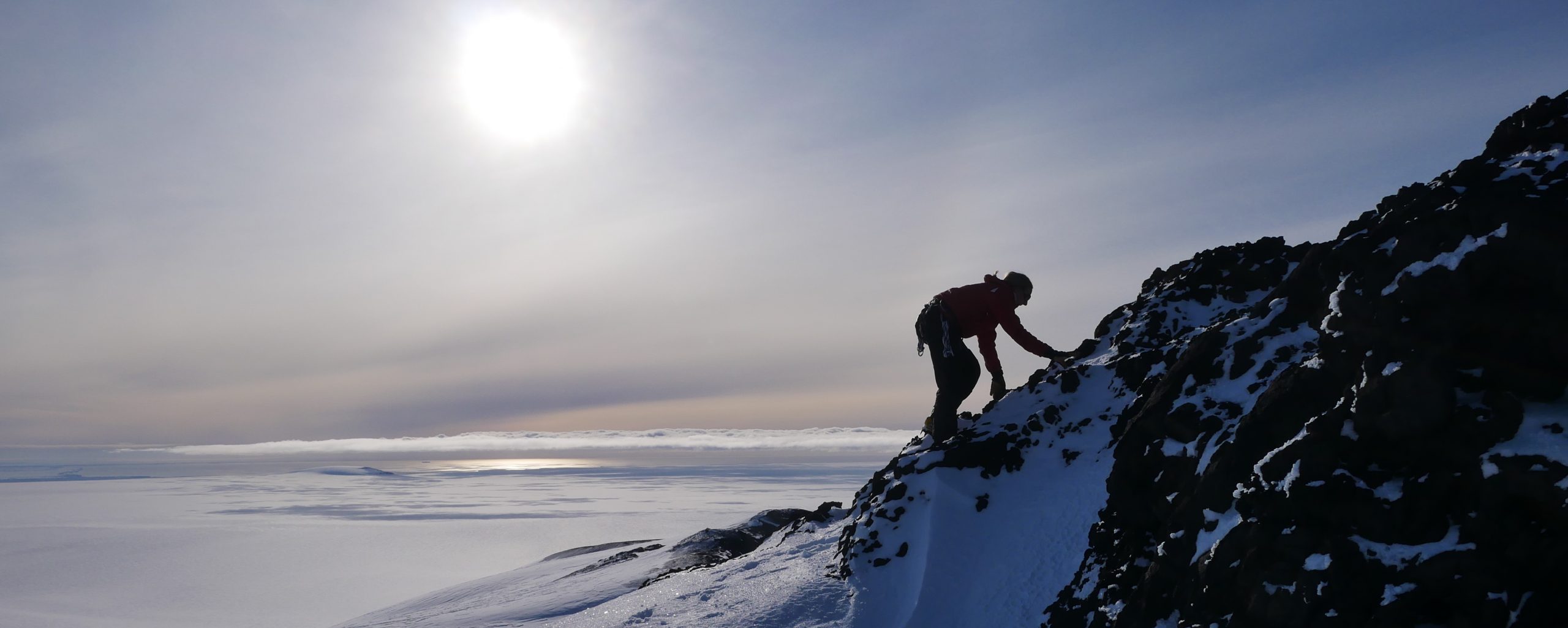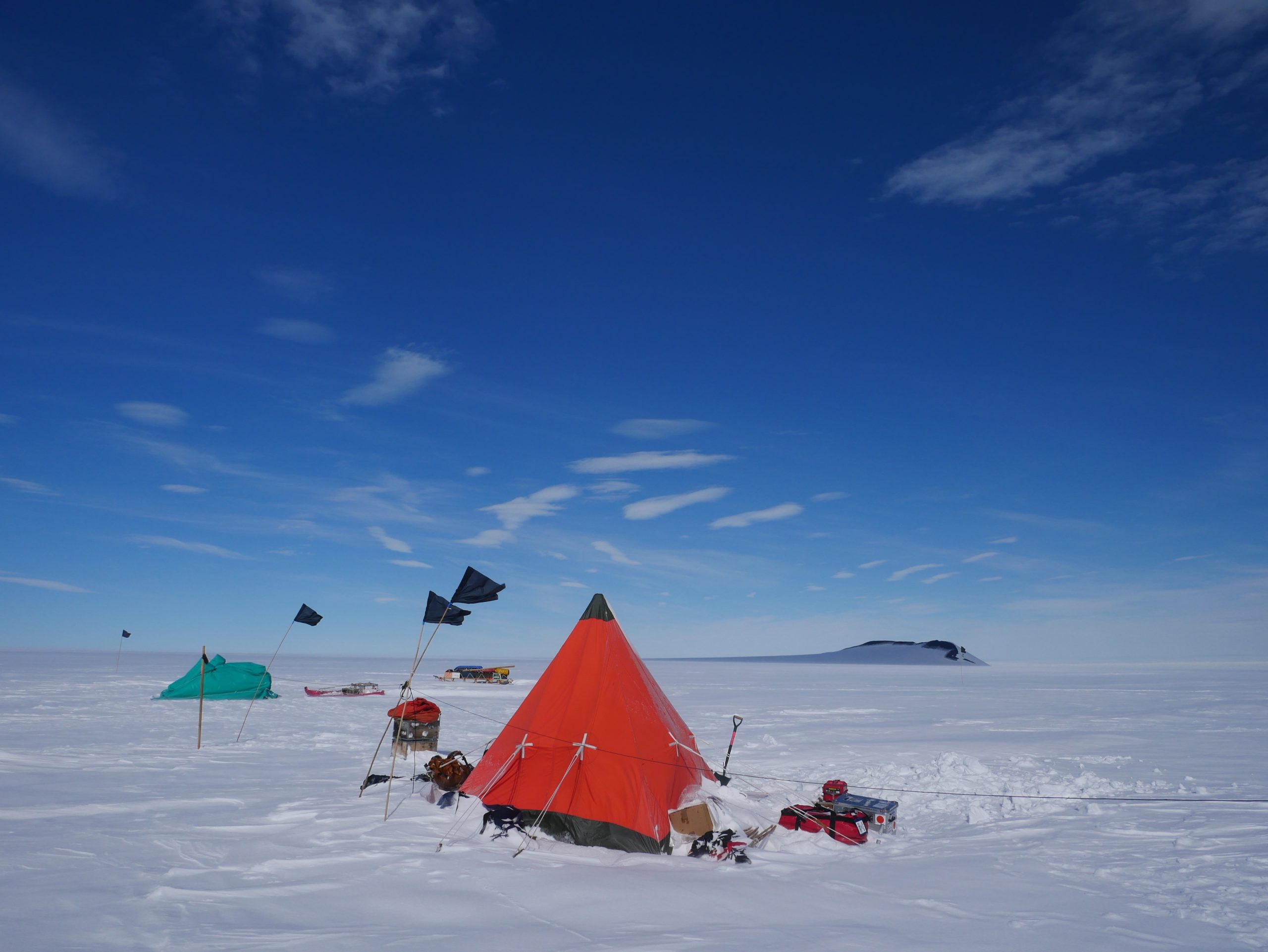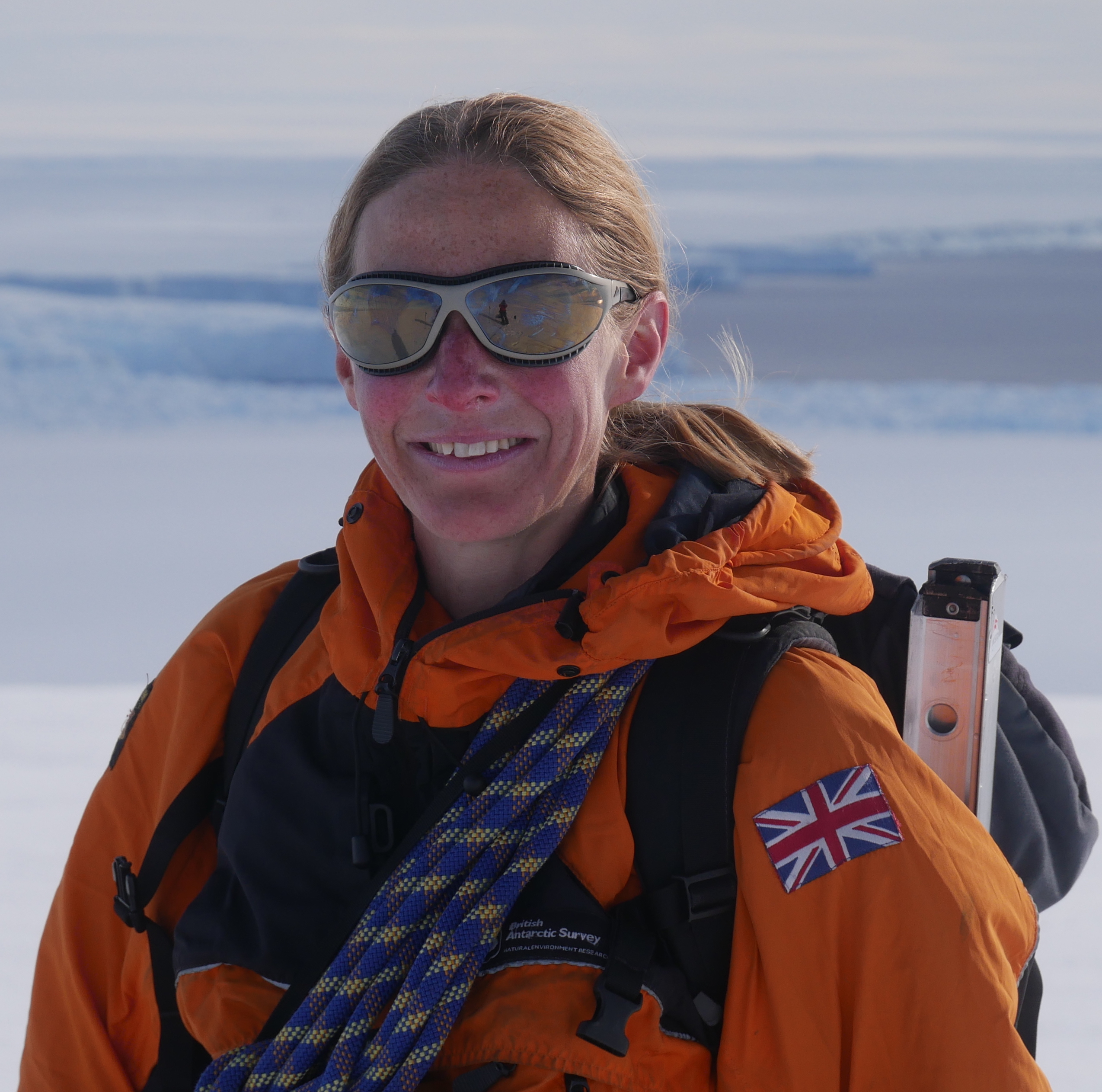
I am writing this sitting in a tent in Antarctica, surrounded by whiteness and wilderness. I have come here to undertake geological research as part of the joint US-UK International Thwaites Glacier Collaboration, which seeks to determine how the mighty Thwaites Glacier in West Antarctica will contribute to the rate and timing of sea level rise across the globe in the coming decades. This is urgent work – the rate of ice discharge from the glacier has more than doubled over the past 2 decades, and looks set to increase further. Under the right conditions, the glacier also has the potential to enter a runaway retreat phase which could result in catastrophic ice loss because its catchment reaches hundreds of kilometres inland.
This is my seventh time in Antarctica, but the juxtaposition of sheer beauty and the continent’s vulnerable but hostile nature still surprises and haunts me. There is so much here that speaks to me of God’s power and love. In my opinion, the following words from the Church of England Communion service sum up all this rather well: “Yours, Lord, is the greatness, the power, the glory, the splendour, and the majesty; for everything in heaven and earth is yours. All things come from you, and of your own do we give you.”

© Tom King
As a Christian, my response to seeing and experiencing a place such as Antarctica that is almost completely untouched by humans is to feel enormous, almost indescribable, gratitude for life. In that moment, that glimpse of heaven here on earth, I feel loved profoundly and unconditionally by God. This is a wonderful feeling, of course.
But as I look around me, I cannot help but feel the vastness and loneliness of this place. The horizon stretches as far as the eye can see, the ice goes on and on, seemingly forever, and my field guide and I are mere pinpricks on the landscape, lost in the sheer expansiveness of it all. We are vulnerable. This vulnerability is, I think, what most attracts me to working here. It forces me to place my trust in God to keep us safe, forces my field guide and I to draw heavily on our inner strength to face the daily challenges of survival here, and above all increases the bond between us as people.
This last point is for me one of the most rewarding parts of working in Antarctica. The trust we have already built in each other, after never having met before coming here 4 weeks ago, is extraordinary. I think it comes not only from living and working together 24/7, but also from sharing the experience of extreme vulnerability. We depend on each other in so many ways here. This relationship demonstrates to me that humans have such great capacity to work together, whatever their background, if they have a shared purpose.
God made us as individuals of course, but with complementary skills that we can use to become greater as the sum of parts than we would be alone. Although Paul was referring to the Church in 1 Corinthians 12 and 14, his words seem to echo this: “Just as a body, though one, has many parts, but all its parts form one body, so it is with Christ… the body is not made up of one part but of many.”
For me, and many who visit Antarctica, this place is hugely special. It is where we are faced with the stark reality of our own mortality, and where we have the time and space to contemplate it away from the distractions of modern life. As a Christian, I also feel a massive sense of duty to preserve and protect Antarctica as one of the last places on earth that we humans haven’t completely messed up. I do what I can at home to look after the environment. But right now, as I look out across the glacier close to our camp, I see a very uncertain future – an enormous crack extends right across it, and fractures in the ice are everywhere, indicating extreme stress for tens of kilometres upstream. I can’t help but feel this is not how God meant it to be. When we say those words from the communion service “of your own do we give you”, what do we mean? The challenge for all of us now is to respond, to give God’s creation the respect and protection that we owe.
 Joanne Johnson has worked at British Antarctic Survey since 2002, and is currently a UK lead Principal Investigator in the International Thwaites Glacier Collaboration, a large US-UK collaborative research programme in Antarctica. She tweets regularly about her research. She lives in Cambridge with her husband and two daughters. Joanne recently featured in this Sky News broadcast about the Antarctic.
Joanne Johnson has worked at British Antarctic Survey since 2002, and is currently a UK lead Principal Investigator in the International Thwaites Glacier Collaboration, a large US-UK collaborative research programme in Antarctica. She tweets regularly about her research. She lives in Cambridge with her husband and two daughters. Joanne recently featured in this Sky News broadcast about the Antarctic.




